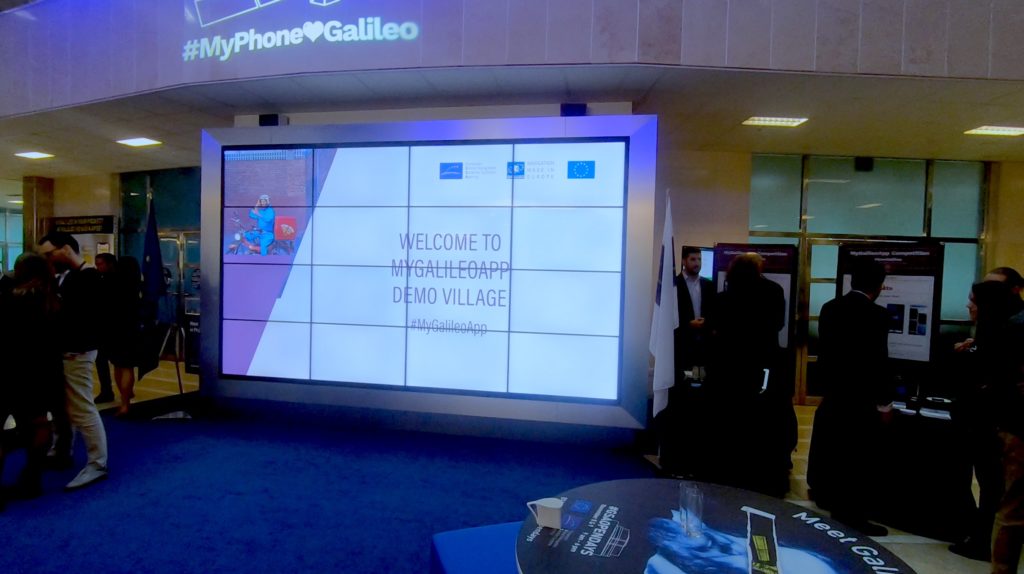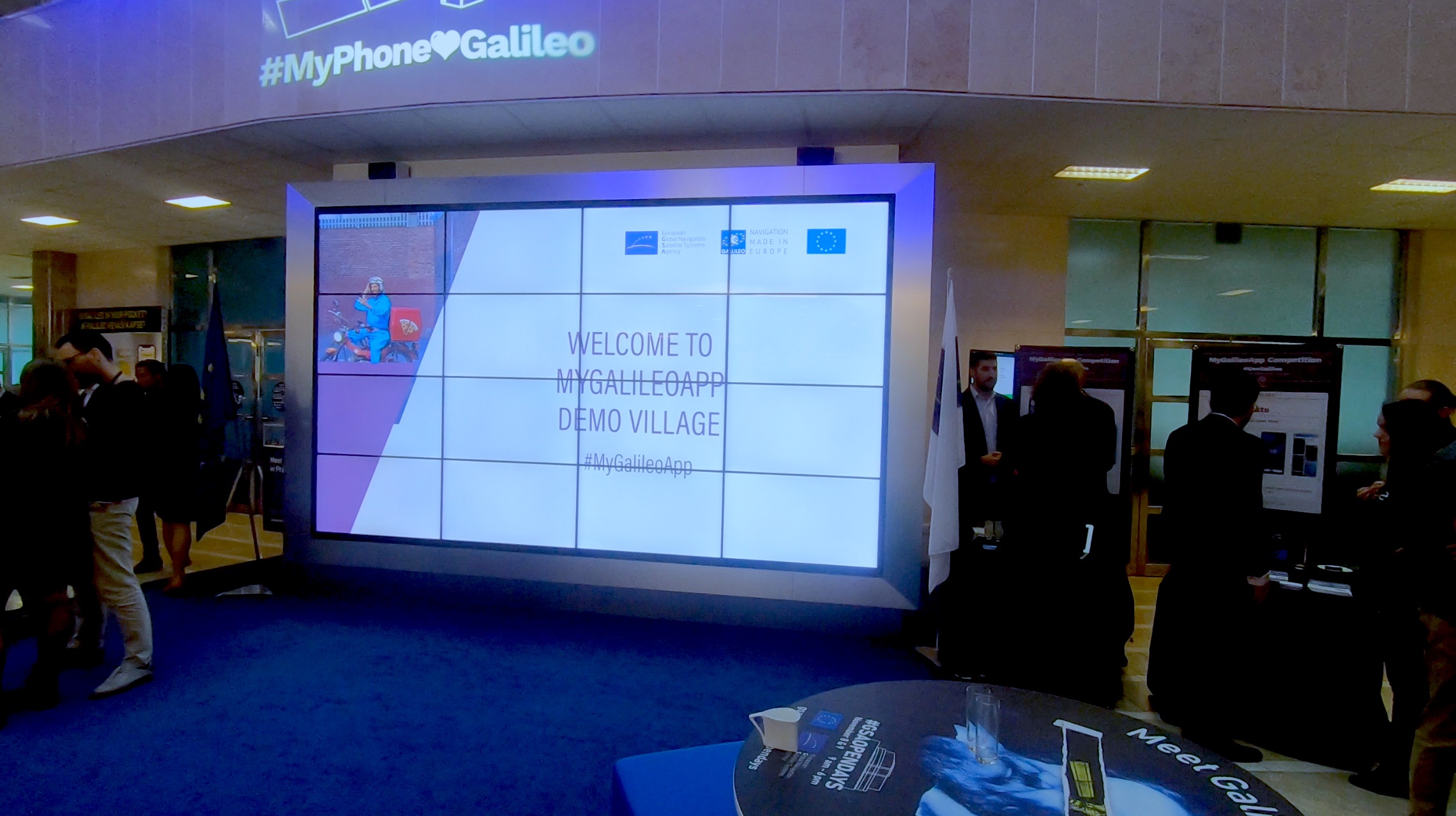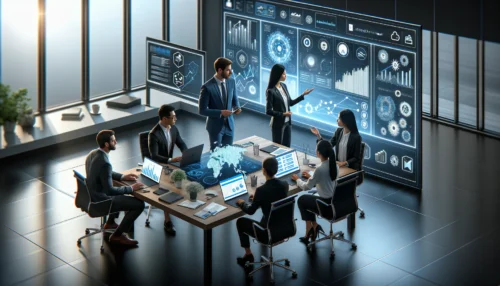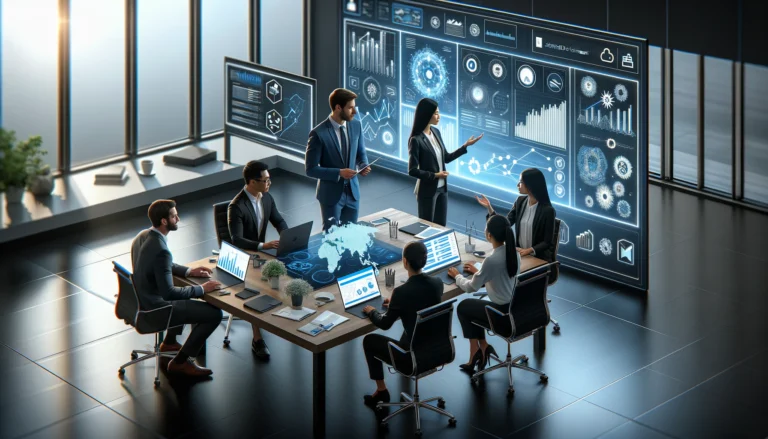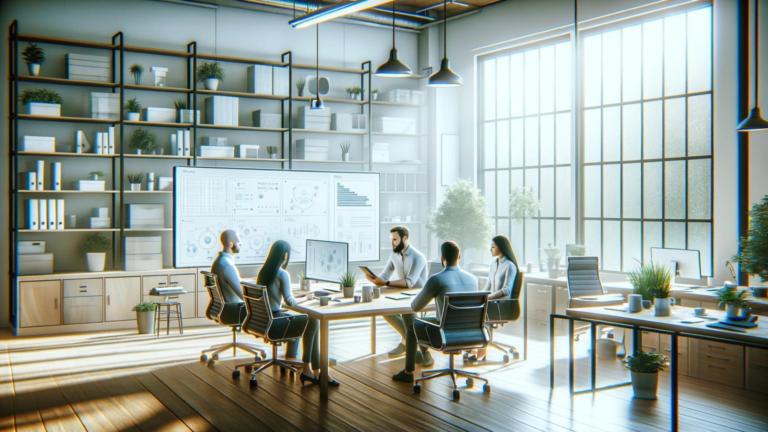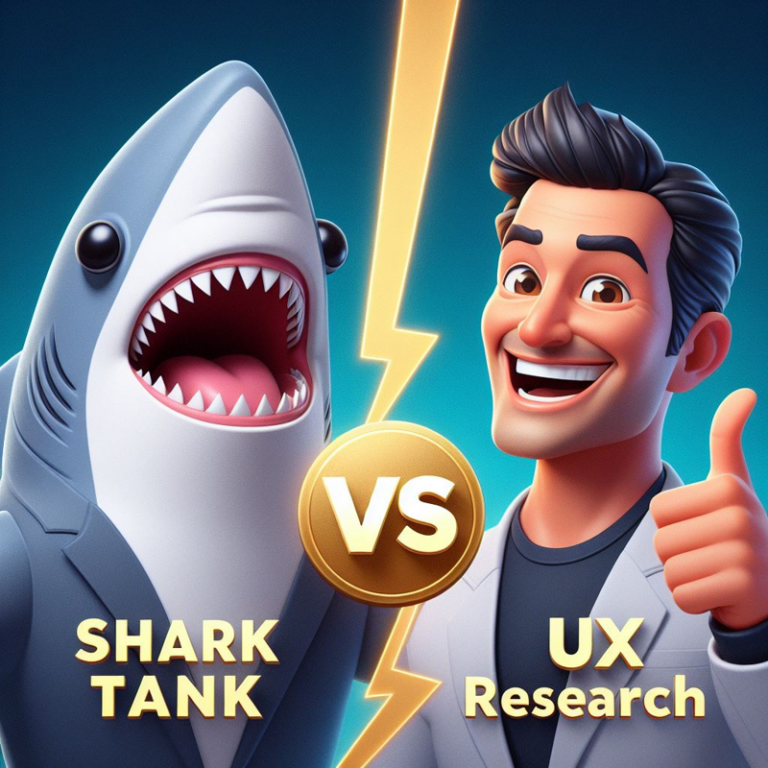In honor of the MyGalileoApp Challenge Finals in Prague last week, Xablu was invited to give a talk to the audience. Galileo, the focus of the challenge, is the European Global Navigation Satellite System (GNSS) aimed to provide an independent high-precision positioning system. Within the challenge, teams needed to create applications that would highlight the added value Galileo offers. Xablu shed light on the impact location services can have in the near future.
Location services are a major part of our everyday lives: we cannot imagine a world anymore where we have to rely on paper maps instead of mobile navigation. We all use location services every single day: from planning public transport, to navigation in driving, as well as receiving weather updates based on where we are or even advertisements we see online. Location services are not only practical, they can really improve our quality of life.
One of the sectors that could really benefit is the healthcare sector. In the current situation, ambulances can arrive more quickly at the emergency scene due to real-time navigation and more quickly to the closest hospital with their patients. Patients can also easily find the specific healthcare institution they need in their area. Not to forget, personal healthcare through fitness or counting steps can now be achieved just using a mobile phone with real time location services.
However, the healthcare industry is in need of more. Real-time location services can make a huge impact in the healthcare industry and there are already many opportunities that should be integrated everywhere.
Imagine an ambulance is called to an emergency situation and all the traffic lights are responding to always let the ambulance have a clear path to get to the emergency scene. This would decrease dangerous traffic situations, not only for the ambulance but for all other traffic as well. The ambulance arrives at the scene and easily updates the hospital they are coming and the status and situation of the patient. This would allow hospitals to receive an up-to-date estimated time of arrival and they can prepare for the specific patient: locating the right equipment in the hospital building, preparing the allocated emergency room, locating the right physician for the case who is nearby and ensuring they are present when the patient arrives.
This is not just a practical example, this situation can actually <strong>help save lives</strong>.
The increasing accuracy of both <strong>outdoor</strong>, but also<strong> indoor</strong> navigation, opens up a world of opportunities. The rise and growth of Galileo will make an absolute difference.
Last week, we attended the finals of the MyGalileoApp Challenge in Prague, organised by the European GNSS Agency (GSA). During the challenge, Xablu provided mentorship to four out of ten finalists. All the teams pitched their applications, and it was inspiring to see the end-results. We want to congratulate all the contestants on their achievement thus far and we cannot wait to see how their Galileo-driven applications will improve our lives as we know it.

